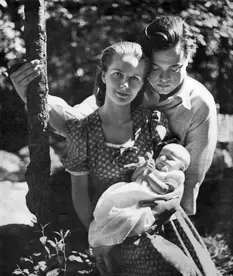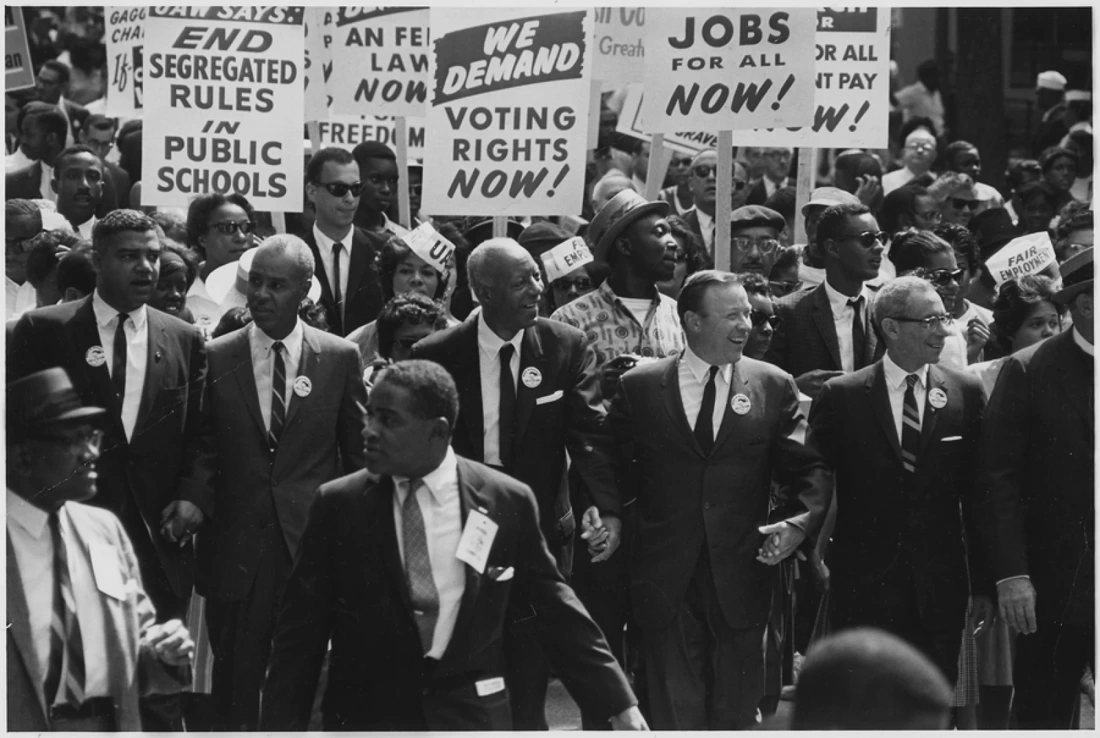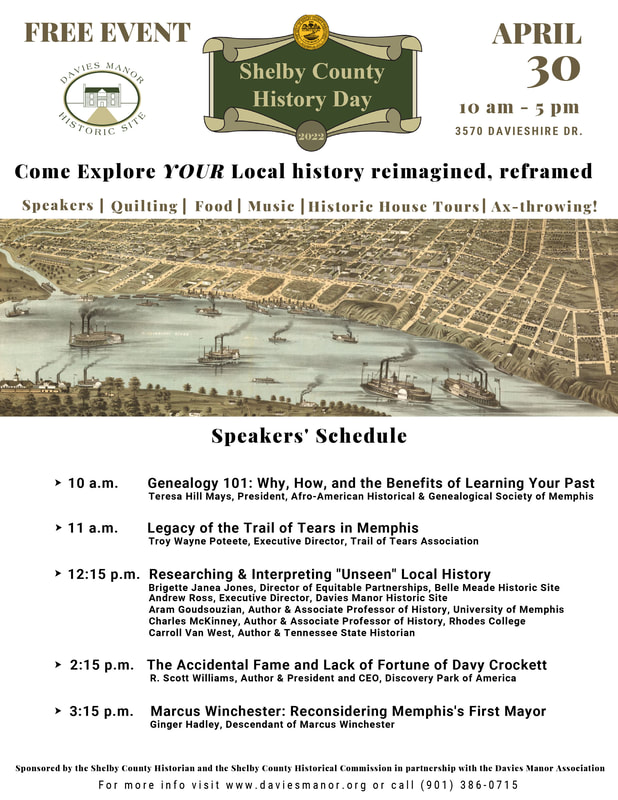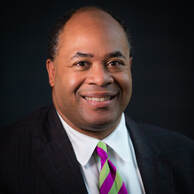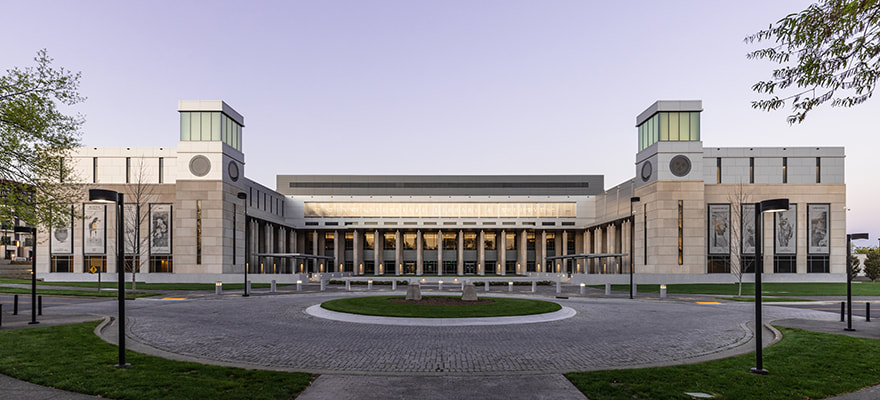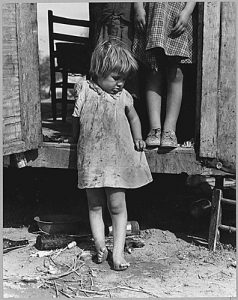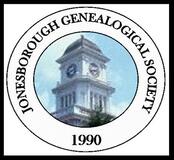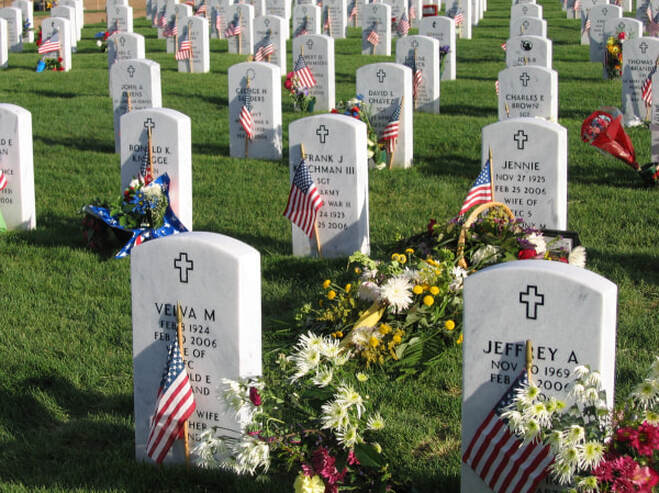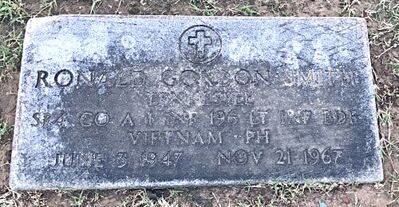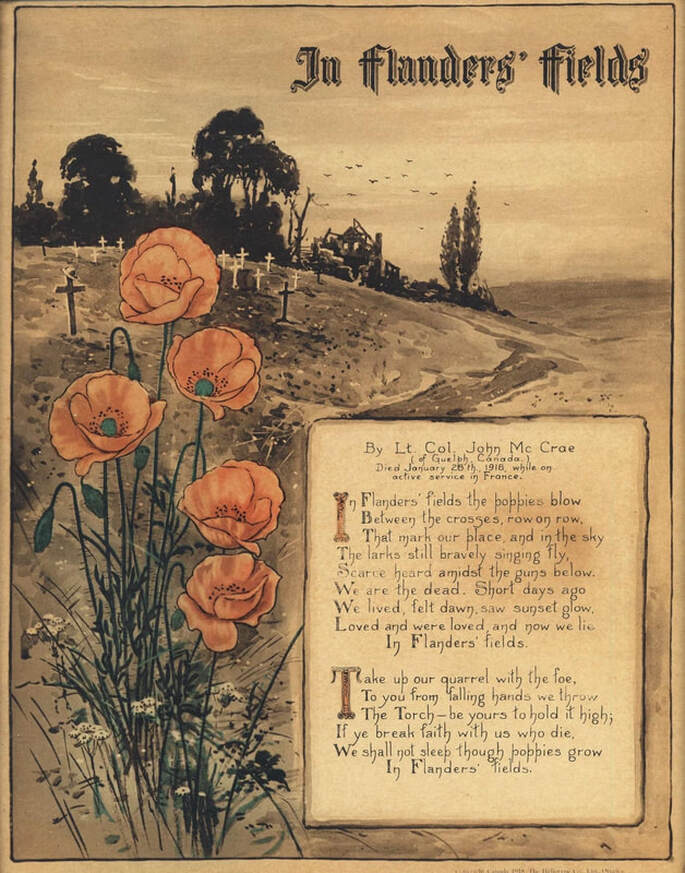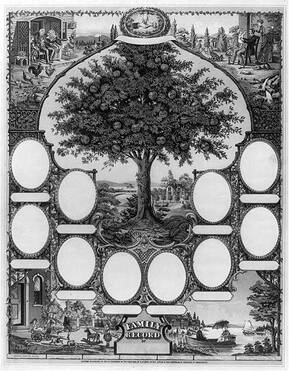 Blank family record. 1888. Prints and Photographs Division.
Blank family record. 1888. Prints and Photographs Division. January 13, 2014 by Erin Allen
(The following is a guest post by James Sweany, head of Local History and Genealogy in the Humanities and Social Sciences Division.)
The best way to preserve your family history is to write it down. By publishing your family history, you are able to capture and preserve the stories, pictures and genealogical data, making it available for other family members and future generations. A history of your family will make a wonderful gift for your relatives, and you may find that your family becomes inspired to help you seek out additional family branches.
As my colleague Anne Toohey wrote in her blog post on Christmas Day, by writing your family history, you are taking the known names, dates and places of your ancestors, and providing a historical context in a story-like form. This way, your ancestors become much more than names on a pedigree chart. They become people who lived during an earlier time, who had experiences through which you and others can get to know them through your narrative. If you include photographs and images of vital records or other significant events, the text will come alive and will be much more interesting for the reader.
The key to making your family history useful to others is the organization. A table of contents and an index of names and places used in your history will take additional time, but these added details will be very useful to future researchers consulting your history. Also, it is very important to document your research. By compiling and publishing a family history, you are inviting others to continue your research. Cite your records and document your sources. With documentation, others can build upon on the work you have done, and your history is more credible. There are various style manuals that can assist you with citation styles for footnotes, endnotes and bibliographies. If you decide to distribute your family history outside of your immediate family, be sure not to include personal information about people who are still living in order to protect their privacy.
The Library of Congress can help you find books about writing and publishing your family history. For example, how-to guidebooks that will help you organize your family history and resources on how to find a publisher can be identified in the Library of Congress Online Catalog. We invite you to seek guidance from our reference librarians through Ask a Librarian. For assistance with resources that may be found in your local area, consult your public or nearby university library to search other library catalogs. Local genealogical societies and historical societies are also great resources for additional guidance.
When you write your family history, you may only be doing so for your relatives. However, we also invite you to consider sending a copy to the Library of Congress. Compiled genealogies and U.S. local histories are very important to the international research clientele who frequent the institution. The Library seeks to collect all published and self-published works available on these important topics. Through generations of such gifts, the Library has assembled the leading book collection of genealogy and local history information in the world.
And who knows, perhaps not yet discovered relatives will be led back to your family line through your sharing of your family story!

